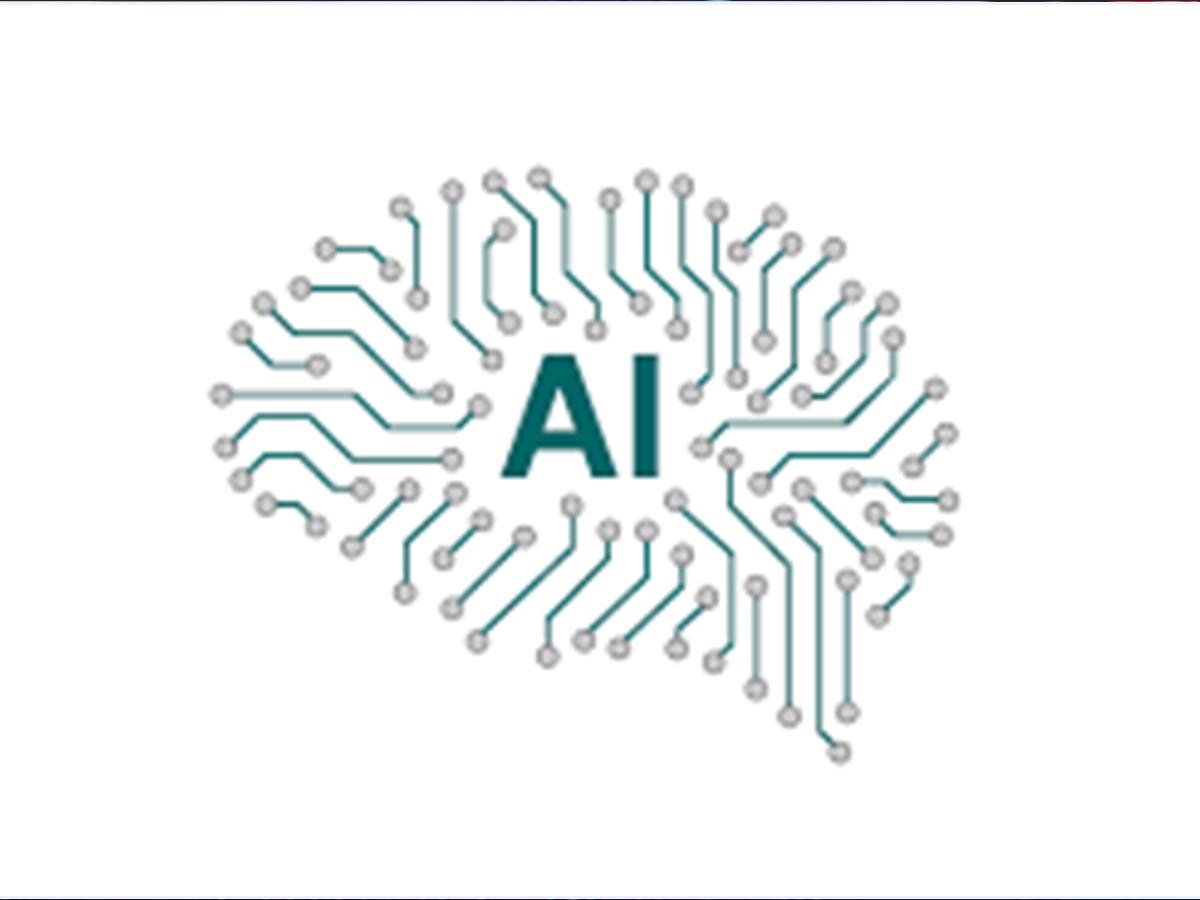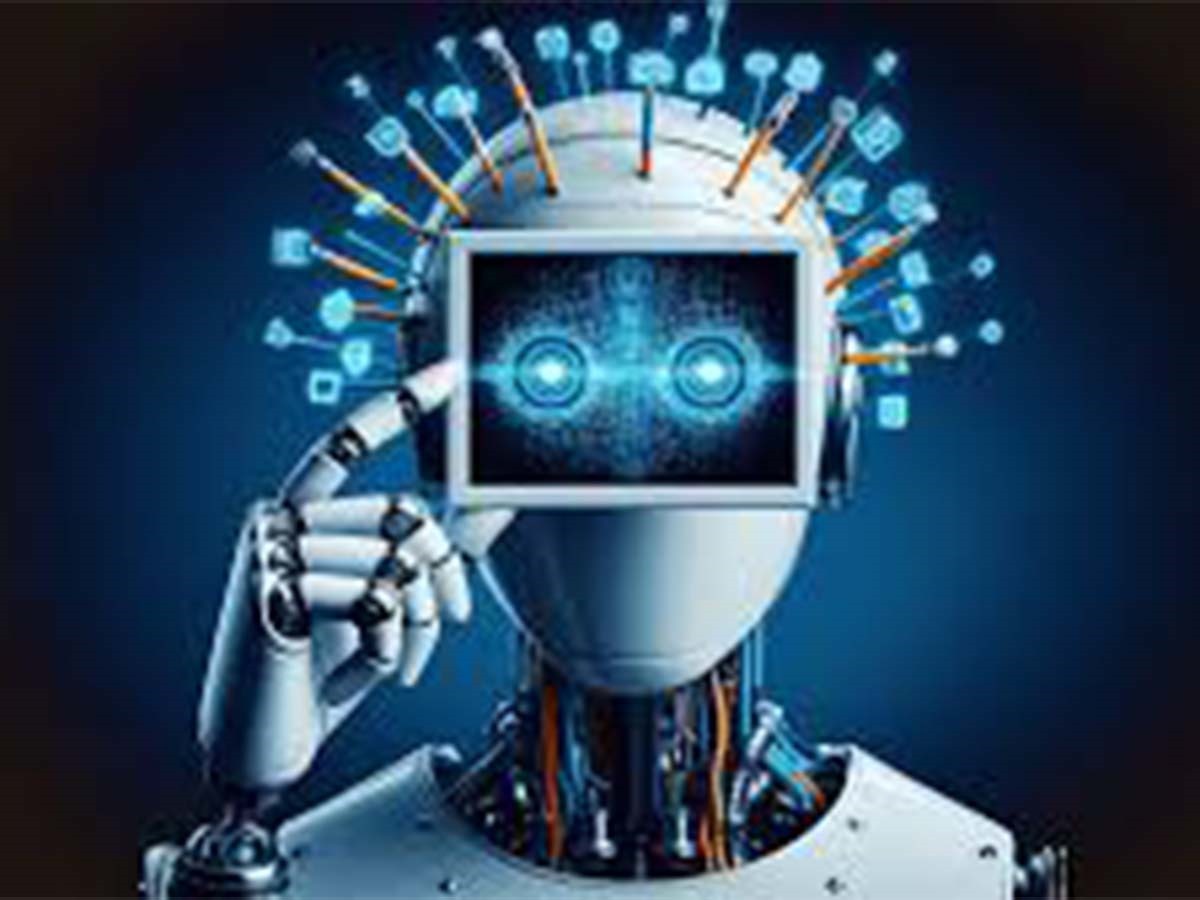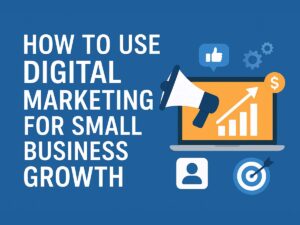How Artificial Intelligence is Making Life Easier
Artificial Intelligence (AI) has transformed from a futuristic concept into a practical tool that makes life easier every day. Whether it’s smart assistants like Siri and Alexa, AI-powered healthcare systems, or intelligent business solutions, the applications of Artificial Intelligence are everywhere. From simplifying daily tasks to improving decision-making, AI technology is reshaping the way we live, work, and connect.
In this article, we’ll dive deep into how Artificial Intelligence is making life easier, the benefits of AI in daily life, real-world AI applications, and what the future of AI looks like in 2025 and beyond.
What is Artificial Intelligence?
Artificial Intelligence refers to computer systems or machines that can perform tasks requiring human intelligence, such as problem-solving, learning, reasoning, and decision-making. Through AI algorithms and machine learning, these systems improve over time, becoming smarter and more efficient.
💡 In simple terms: Artificial Intelligence is the technology that allows machines to think, learn, and act smartly—making human lives easier.
Why Artificial Intelligence is Making Life Easier
The reason AI technology is making life easier is its ability to handle repetitive, complex, and time-consuming tasks faster than humans. By automating processes and providing smart AI solutions, Artificial Intelligence saves time, reduces errors, and improves efficiency across every sector—healthcare, education, finance, transportation, and even at home.
AI in Daily Life: How You’re Already Using It
You may not realize it, but AI in daily life is already everywhere:
- Smart Assistants (Alexa, Google Assistant, Siri) help with reminders, weather updates, and home automation.
- AI in Smartphones improves photos, predicts text, and organizes files.
- Streaming Services (Netflix, YouTube, Spotify) use AI algorithms to recommend personalized content.
- Navigation Apps (Google Maps, Waze) use Artificial Intelligence to suggest the fastest routes.
- E-commerce & Shopping (Amazon, eBay) recommend products using AI-powered personalization.
- Social Media Platforms (Facebook, Instagram, TikTok) use AI technology to suggest content and detect harmful activity.
Clearly, AI applications in everyday life are already making things smoother, smarter, and more convenient.
Key Benefits of Artificial Intelligence
Here are the top benefits of AI technology that make life easier:
- Automation of Repetitive Tasks – AI handles data entry, scheduling, and routine processes.
- Time-Saving – Smart assistants and chatbots provide instant answers.
- Accuracy & Precision – In fields like medicine and finance, AI reduces errors.
- Personalization – AI tailors services like shopping, learning, and entertainment.
- Accessibility – AI applications like speech-to-text and image recognition help people with disabilities.
- Cost Efficiency – Businesses save money with AI automation.
💡 The benefits of Artificial Intelligence go beyond convenience—it improves quality of life while creating opportunities for innovation.
Artificial Intelligence Applications That Make Life Easier
1. AI in Healthcare
AI technology in healthcare is revolutionizing patient care, diagnostics, and research.
- AI-powered systems detect diseases like cancer earlier than humans.
- Virtual nurses and chatbots provide 24/7 health advice.
- Wearable devices monitor fitness and health in real-time.
Benefit: Faster treatment, accurate diagnoses, and better healthcare outcomes.
2. AI in Education
Artificial Intelligence applications in education are making learning more personalized.
- AI tutors help students learn at their own pace.
- Smart grading systems save teachers time.
- AI-powered apps translate languages instantly.
Benefit: AI in education creates more inclusive and customized learning experiences.
3. AI in Business and Marketing
Businesses use AI technology to understand customers and make smarter decisions.
- Predictive analytics forecast customer behavior.
- AI chatbots provide instant customer support.
- AI-driven digital marketing increases engagement.
Benefit: Higher sales, better customer experiences, and smarter business strategies.
4. AI in Transportation
AI applications in transportation are making travel faster and safer.
- Self-driving cars reduce accidents caused by human error.
- AI in logistics ensures faster deliveries.
- Smart traffic lights use AI algorithms to manage congestion.
Benefit: Safer roads, efficient logistics, and reduced travel time.
5. AI in Finance
Artificial Intelligence in finance helps banks and individuals manage money wisely.
- AI detects fraud in real time.
- Robo-advisors guide people in making smart investments.
- AI automates expense tracking and budgeting.
Benefit: Safer transactions, smarter investments, and better money management.
6. AI in Smart Homes
AI in daily life is most visible in smart homes.
- AI-powered thermostats adjust temperature automatically.
- Smart refrigerators track food and suggest recipes.
- Voice-controlled assistants make home automation seamless.
Benefit: Convenience, energy efficiency, and improved lifestyle.
7. AI in Entertainment
AI technology is reshaping how we consume entertainment.
- Netflix and Spotify use AI for personalized recommendations.
- AI in gaming creates adaptive, realistic experiences.
- AI-generated content (music, videos, art) is becoming mainstream.
Benefit: Endless personalized entertainment options.
8. AI in Security & Safety
AI applications in security protect both individuals and organizations.
- Facial recognition enhances safety in airports.
- AI-powered cybersecurity detects and prevents hacking.
- Smart cameras improve home and workplace security.
Benefit: Stronger protection and safer environments.
The Future of Artificial Intelligence
As we look ahead, the future of Artificial Intelligence promises even more breakthroughs:
- AI-powered healthcare will improve longevity and quality of life.
- AI in education will eliminate learning gaps worldwide.
- Smart AI solutions will automate industries and create new opportunities.
- AI in climate change will predict and prevent environmental crises.
💡 By 2030, Artificial Intelligence is expected to contribute $15 trillion to the global economy (PwC report).
Common Concerns About Artificial Intelligence
Despite the benefits, many worry about AI. Let’s address key concerns:
- Job Losses – While AI automates some roles, it also creates new ones in AI development, maintenance, and data science.
- Privacy Issues – AI collects massive data; stricter regulations are needed.
- Bias in AI – If data is biased, AI results may be unfair.
Solution: Ethical AI practices, strong policies, and transparency in AI use.
How to Use Artificial Intelligence in Daily Life
If you want to make your life easier with AI today:
- Use AI productivity apps (Grammarly, Jasper, ChatGPT).
- Automate savings and investments with AI finance tools.
- Upgrade your home with AI-powered devices.
- Learn new skills through AI learning platforms.
- Stay updated with the latest AI applications in your field.
Conclusion
It’s clear that Artificial Intelligence is making life easier in countless ways. From AI in daily life through smart assistants and apps, to AI applications in healthcare, business, education, and transportation—AI technology is transforming every part of human existence.
The benefits of Artificial Intelligence include saving time, reducing errors, improving accuracy, and creating new possibilities that were unimaginable just a decade ago. While challenges like privacy and job shifts exist, the future of AI holds incredible potential to build smarter, safer, and more efficient societies.
In short, Artificial Intelligence is not just technology—it’s a lifestyle upgrade. Embracing smart AI solutions today will make tomorrow even brighter.











Post Comment